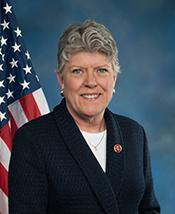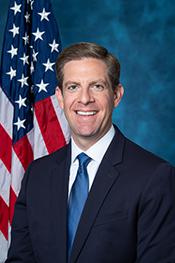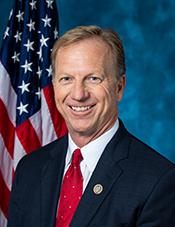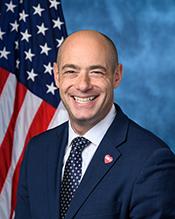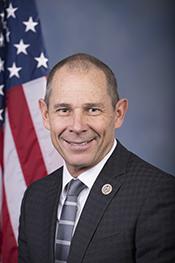H.R. 3071: Increasing Penalties for Offshore Polluters Act
This bill, titled the Increasing Penalties for Offshore Polluters Act
, proposes amendments to the Federal Water Pollution Control Act to strengthen penalties for oil spills. The main goals of the bill are to enhance civil and criminal penalties for those responsible for such pollution in U.S. waters, thereby promoting accountability among businesses and individuals involved in oil-related activities.
Civil Penalties
The bill increases civil penalties for oil spills by changing the language in the existing legislation. Key changes include:
- Replacing the phrase
an amount up to
withan amount that is at least
, resulting in minimum penalties being established. - Changing
not more than
toat least
, which implies that penalties would be set at minimum levels that cannot be avoided by simply limiting damage.
Criminal Penalties
For criminal penalties, the bill proposes significant increases in fines and imprisonment terms for violations related to oil spills. The changes include:
- Doubling the maximum fines from $2,500 to $5,000 and from $25,000 to $50,000 for certain infractions.
- Increasing the maximum imprisonment duration from 1 year to 2 years for lower-level offenses.
- Doubling the maximum punishment including both fines and imprisonment for more serious offenses, such as those leading to substantial environmental damage or repeated violations.
- Raising the maximum fines for more severe offenses from $100,000 to $200,000 and lengthening the maximum prison term from 3 years to 6 years.
- Increasing the terms for the most serious violations from 15 years to 30 years and raising fines from $1,000,000 to $2,000,000.
Overall, this bill aims to create stricter repercussions for those who cause oil spills, thereby potentially disincentivizing irresponsible behavior and encouraging better safety measures in maritime oil operations.
Relevant Companies
- XOM (ExxonMobil): As a major oil and gas company, ExxonMobil would face increased penalties for any incidents related to oil spills, potentially impacting its financial liabilities and compliance measures.
- CVX (Chevron): Similar to ExxonMobil, Chevron could see higher costs and legal risks associated with increased penalties for spills, affecting its operational strategies and financial planning.
- RDS-A (Royal Dutch Shell): Shell, which operates in various offshore oil fields, could be significantly impacted by stricter penalties leading to higher compliance costs and operational management adjustments.
- BP (British Petroleum): Having faced large oil spill incidents in the past, BP might have to reassess its risk management and regulatory compliance to avoid harsher penalties.
This is an AI-generated summary of the bill text. There may be mistakes.
Sponsors
4 bill sponsors
Actions
4 actions
| Date | Action |
|---|---|
| Apr. 29, 2025 | Introduced in House |
| Apr. 29, 2025 | Referred to the House Committee on Transportation and Infrastructure. |
| Apr. 29, 2025 | Referred to the Subcommittee on Coast Guard and Maritime Transportation. |
| Apr. 29, 2025 | Referred to the Subcommittee on Water Resources and Environment. |
Corporate Lobbying
0 companies lobbying
None found.
* Note that there can be significant delays in lobbying disclosures, and our data may be incomplete.


